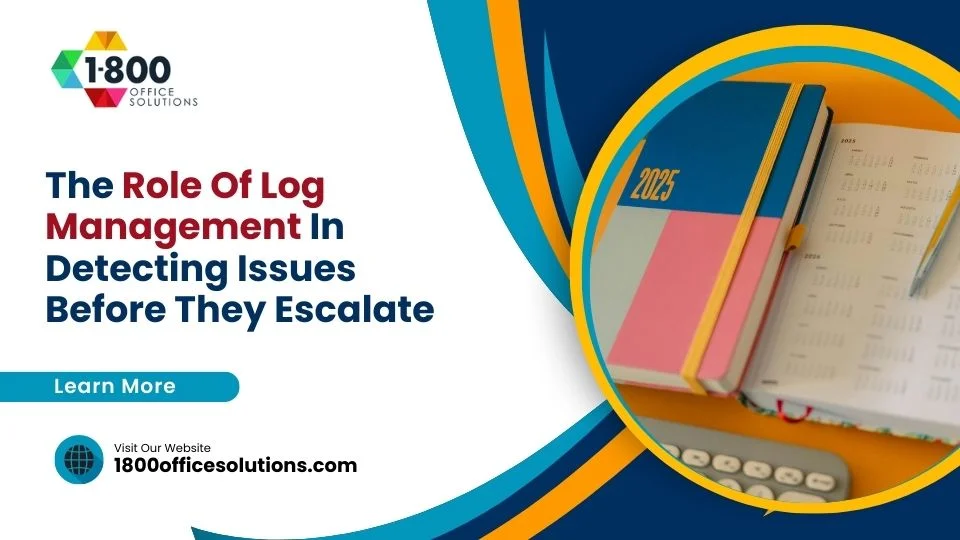The Impact of PSA Ticketing Systems on SLA Compliance
Maintaining high service delivery standards is crucial. Professional Services Automation (PSA) ticketing systems have become essential tools for organizations aiming to meet and exceed Service Level Agreements (SLAs). The global PSA software market was valued at approximately $12.91 billion in 2023 and is projected to reach $35.79 billion by 2032, growing at a compound annual growth rate of 12% annually throughout the forecast period.
This significant growth underscores the increasing reliance on PSA systems to enhance operational efficiency and ensure SLA compliance. As businesses face mounting customer expectations and complex service demands, PSA systems provide the technological backbone to deliver service promises effectively. Let’s explore how a PSA ticketing system impacts SLA compliance and why integrating it into your service management strategy is a prudent decision.

Understanding SLAs in the Service Industry
Service Level Agreements (SLAs) are formal contracts between service providers and their clients that specify the expected quality of service. These contracts delineate precise metrics, including response and resolution times, along with overall service quality benchmarks. By setting these explicit expectations, SLAs reduce the likelihood of misunderstandings and establish a criterion for measuring performance. These contracts are particularly crucial in sectors like IT support, healthcare, and logistics, where the caliber of service has a direct impact on customer loyalty.
The Role of PSA Systems in Managing Service Requests
PSA systems streamline the management of service requests by automating processes like ticket logging, assignment, and tracking. These systems offer tools to create custom ticket queues, ensuring requests are prioritized and assigned appropriately based on SLA requirements. Automation minimizes human error, ensuring all service tickets are addressed on time and according to their urgency. Advanced PSA systems also allow organizations to configure workflows that adapt dynamically to changing priorities, such as rerouting tickets during peak periods or when team capacity changes.
Enhancing Response Times with PSA Ticketing
PSA ticketing systems greatly enhance response times through the automation of ticket distribution and escalation processes. They allow service providers to define SLA-driven workflows that route critical issues to the appropriate team members automatically. This ensures swift resolution of high-priority tickets while maintaining steady progress on less urgent requests. Real-time notifications and automated alerts ensure that team members are aware of deadlines, reducing the likelihood of SLA breaches. Furthermore, these systems often include tools to predict and address potential delays before they escalate.
Tracking and Reporting Capabilities of PSA Systems
PSA systems are equipped with robust tracking and reporting tools that enable service managers to monitor SLA compliance in real-time. Dashboards and analytics provide insights into ticket progress, resolution times, and SLA adherence rates. Reporting functions identify persistent issues, allowing managers to take preventative actions and enhance team performance.
These insights prove crucial for conducting performance evaluations and devising long-term strategic plans, as they identify key areas where investing in training or resources can be most advantageous. Furthermore, managers can leverage these metrics to demonstrate performance enhancements to stakeholders, thereby affirming the value of the service team.
Integration with Other Tools and Platforms
The ability of PSA systems to integrate with other essential tools, such as Customer Relationship Management (CRM) platforms, billing systems, and remote monitoring tools, significantly enhances their utility. Integration facilitates direct access to critical data like customer histories, system statuses, and payment details through a unified dashboard.
For instance, within the Managed Service Providers (MSP) industry, integrating with remote monitoring and management (RMM) tools can trigger automatic ticket generation upon detection of issues, thereby expediting the resolution process. Similarly, for businesses outside the IT realm, incorporating systems such as inventory management or payment gateways allows support teams to have a complete operational overview, which enhances the overall customer experience.
Challenges and Considerations in Implementing PSA Systems
Implementing PSA systems can present challenges, including technical difficulties, resistance to change from staff, and the costs associated with onboarding and training. Additionally, aligning PSA systems with existing workflows can be complex. Organizations must also consider the customization capabilities of their chosen system, as rigid solutions may not adapt well to unique business processes. Tackling these challenges at the outset of the implementation phase can significantly enhance user adoption and improve the efficiency of the system over the long term.

Conclusion
PSA ticketing systems serve as essential resources for organizations aiming to boost SLA compliance, increase efficiency, and heighten customer satisfaction. Through the automation of workflows, integration with pre-existing tools, and provision of comprehensive tracking and reporting features, these systems equip service teams to offer dependable, superior service. \
With the increasing complexity of service environments, committing to scalable PSA solutions positions businesses to effectively address upcoming challenges and surpass customer expectations. For service providers, selecting a PSA solution that is customized to fit their specific requirements is not merely a strategic benefit but an essential move to maintain competitiveness in the challenging contemporary marketplace.











